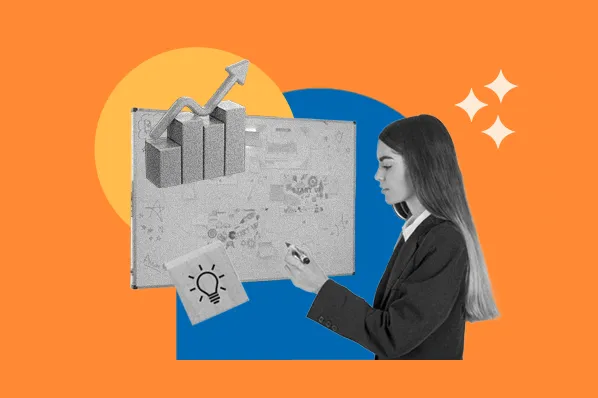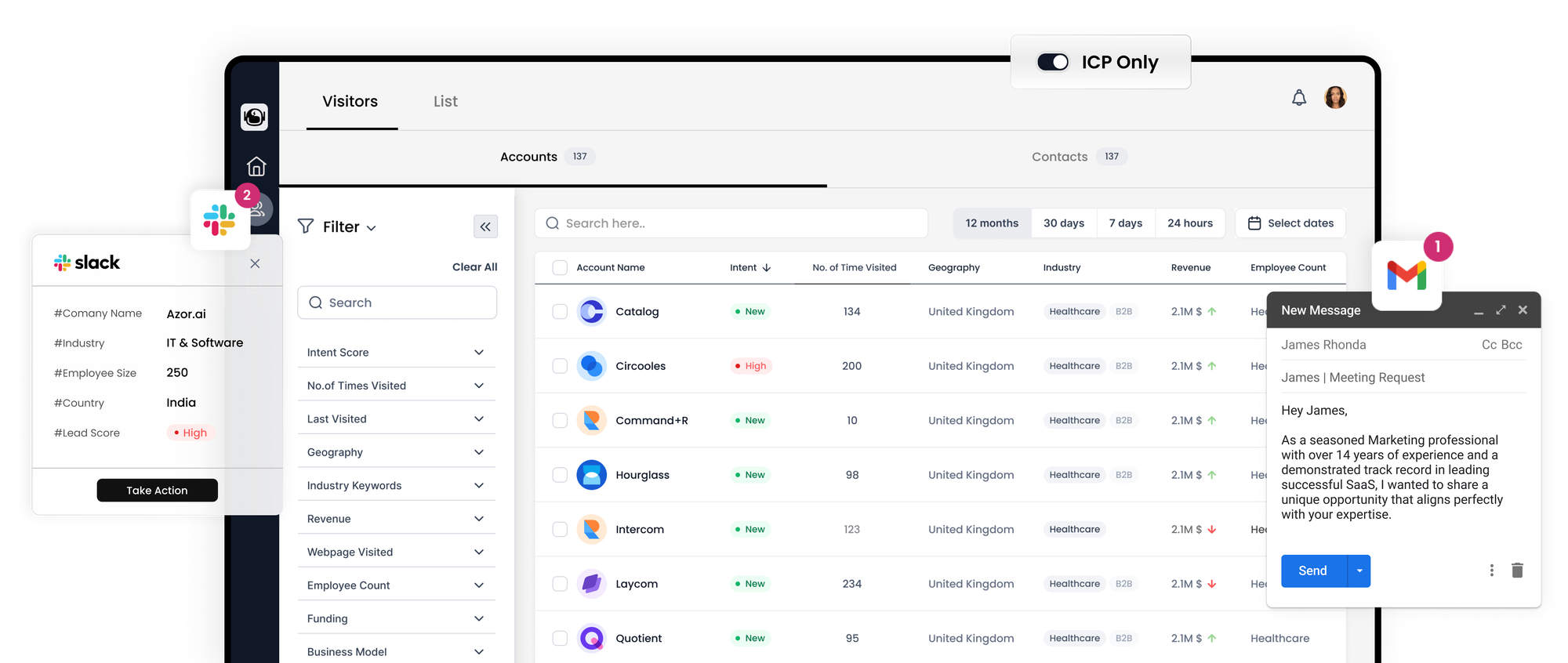B2C Marketing Automation: Leveraging Personalization for Consumer Engagement

The landscape of marketing automation is evolving rapidly, especially within the B2C sector, where the emphasis is on catering to individual customers' preferences and behaviors. By 2030, the marketing automation industry is projected to burgeon to a significant $12.2 billion market, indicating a surge in the adoption of automation tools aimed at enhancing marketing efficacy.
For businesses seeking to capture and retain consumer attention, understanding and implementing B2C marketing automation is not just beneficial—it's critical. This guide offers insights into the nuances of marketing automation in the B2C realm and how it can revolutionize customer interactions.

Understanding B2C Marketing Automation
In the B2C domain, marketing automation is the strategic implementation of software to manage and personalize marketing tasks across various customer touchpoints. This approach streamlines operations, delivering custom-tailored messages that resonate with individual consumer needs and drive engagement throughout the customer lifecycle.
The core of B2C marketing automation lies in its ability to foster personalized customer experiences at scale—whether that's converting new leads or nurturing existing relationships to ensure ongoing customer loyalty.
Contrasting B2B and B2C Marketing Automation
The distinct differences between B2B and B2C audiences necessitate a tailored approach to marketing automation for each:
**Customer Journey Complexity**: Unlike the elaborate, multi-stakeholder decision-making process in B2B purchases, B2C transactions are typically straightforward and swift, requiring marketers to engage consumers rapidly and effectively to catalyze immediate action.
**Segmentation Depth**: B2B marketers meticulously craft detailed contact profiles for personalized outreach. Conversely, B2C marketers harness automation to segment broad audiences based on demographics and behaviors, delivering content that aligns with diverse consumer segments.
**Campaign Multichannel Approach**: B2C marketing automation transcends beyond email, extending into SMS, messaging apps, and social platforms, mirroring the omnichannel nature of consumers' lives and ensuring touchpoints that align with their preferences for convenience and accessibility.
Choosing the Right B2C Marketing Automation Software
Today's B2C marketers have a plethora of automation platforms at their disposal, with features attuned to the needs of consumer-focused campaigns. When evaluating software options, B2C businesses should prioritize:
**Robust Segmentation**: Tools should allow nuanced grouping based on a variety of consumer attributes and actions, enabling precise targeting.
**Behavioral Tracking**: Software must monitor user engagement across emails and websites, facilitating automated responses to consumer actions.
**E-commerce Integrations**: For online sellers, connecting your store to the automation platform enriches campaign personalization with purchase data and behavior.
**Multichannel Capabilities**: A good platform should support automated engagements beyond email, including SMS and social media, reflecting the channels your consumers prefer.
**Experimentation Tools**: Look for A/B testing features that let you refine campaigns and customer journeys based on performance data and consumer response.
Examples to Kickstart Your B2C Marketing Automation
Here are some practical scenarios for deploying marketing automation in B2C contexts:
**Welcome Campaigns**: When a new subscriber joins your mailing list, trigger a welcoming email sequence that introduces your brand and offers initial engagement incentives.
**Abandoned Cart Reminders**: Automate reminders for customers who've left items in their online shopping cart, including personalized product suggestions based on browsing history.
**Post-Purchase Follow-Up**: After a purchase, send automated emails asking for feedback, offering support, and suggesting complementary products to encourage repeat business.
**Re-engagement Drives**: If a customer hasn't interacted with your brand for a specified period, automate a campaign that reignites their interest with special offers or updates.
Implementing B2C marketing automation can result in a more streamlined, efficient, and ultimately more successful marketing strategy that aligns with modern consumer expectations for personalized and responsive brand interactions. By embracing automation, businesses can capitalize on the opportunity to enhance the consumer experience, driving conversions and fostering enduring customer loyalty.
5 Strategies for B2C Engagement Through Marketing Automation
In the fast-paced world of consumer marketing, marketing automation emerges as a powerful ally, enabling B2C businesses to connect with customers efficiently and effectively. Here's how you can leverage automation to elevate the consumer experience and drive sales.
1. Crafting an Inviting Welcome for Newcomers
When a customer first interacts with your brand, a lasting impression is crucial. Utilize marketing automation to send a series of welcoming communications, guiding them through the early stages of their journey. This could include educational content about your products or services, tutorials, or a special first-purchase offer.
2. Encouraging Customer Feedback Post-Purchase
Feedback is gold in the B2C landscape. Automated prompts that follow a purchase can encourage customers to share their experiences. These insights not only enhance your offerings but also serve as testimonials to attract future customers. Tailor these prompts to target repeat customers or those who have demonstrated high satisfaction levels, ensuring that you're gathering feedback from your most engaged users.
3. Tackling Shopping Cart Abandonment with Automated Reminders
For e-commerce ventures, cart abandonment is a significant hurdle. Deploy automated reminders to nudge customers who have left items in their carts. To sweeten the deal, include incentives like discounts, limited-time offers, or persuasive customer testimonials. Integrating multi-channel reminders through SMS or targeted ads can ensure your message is seen, no matter where your customers spend their time online.
4. Customizing Offers to Cater to Individual Tastes
Marketing automation provides rich customer data, allowing for tailored offers that resonate with individual preferences. For example, a travel site might send personalized destination suggestions based on previous searches or bookings, while a fashion retailer could suggest complementary items based on past purchases. Personalized offers not only boost sales but also keep customers engaged and inclined to return.
5. Fostering Loyalty with Timely Rewards
Securing a new customer is an accomplishment, but the real success lies in nurturing that relationship for repeat business. Automated campaigns that celebrate customer milestones, like birthdays or anniversaries of their first purchase, can convey appreciation and foster loyalty. Consider offering exclusive discounts or loyalty points to incentivize repeat business and acknowledge their patronage.
By embracing these marketing automation strategies, B2C companies can not only streamline their marketing efforts but also create more personalized, engaging, and rewarding customer experiences. Whether through welcoming onboarding sequences, strategic abandoned cart campaigns, or personalized loyalty rewards, marketing automation offers a plethora of ways to delight customers and keep them coming back.
